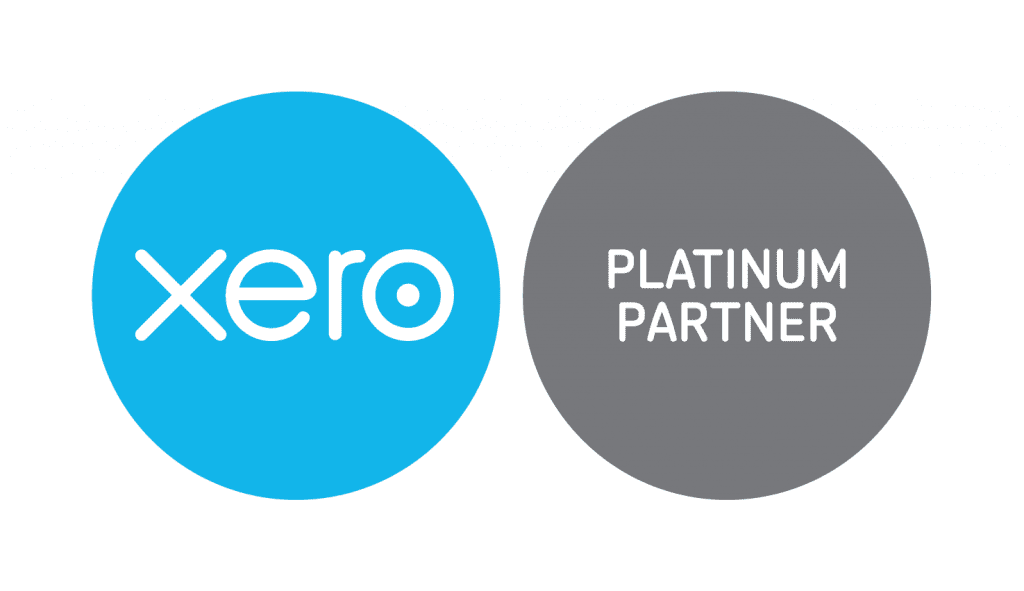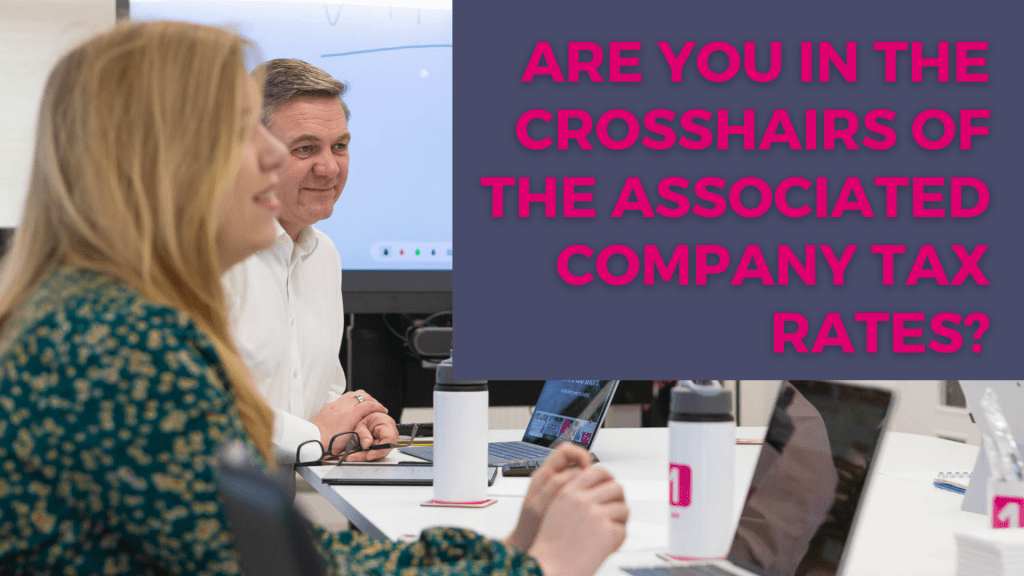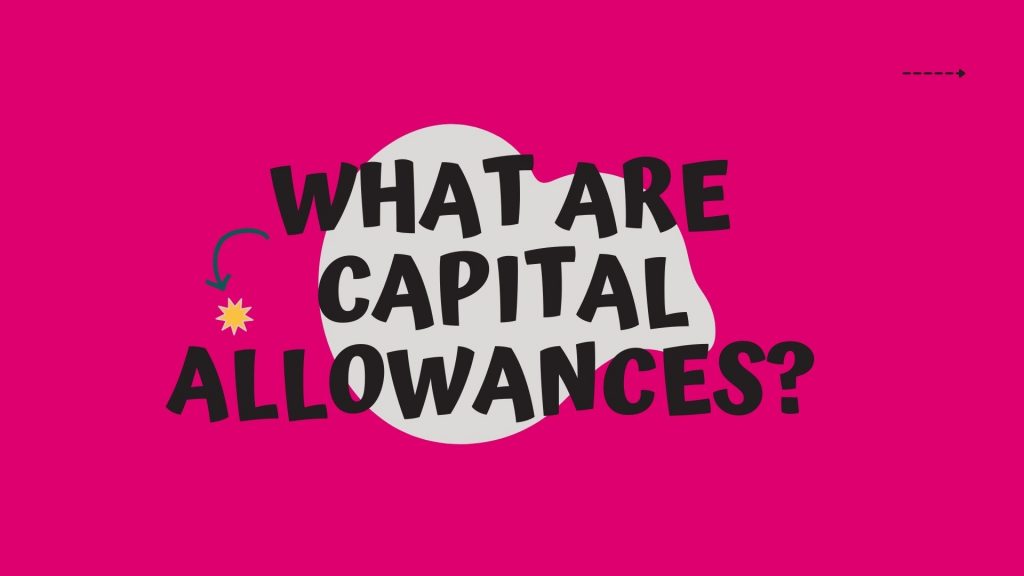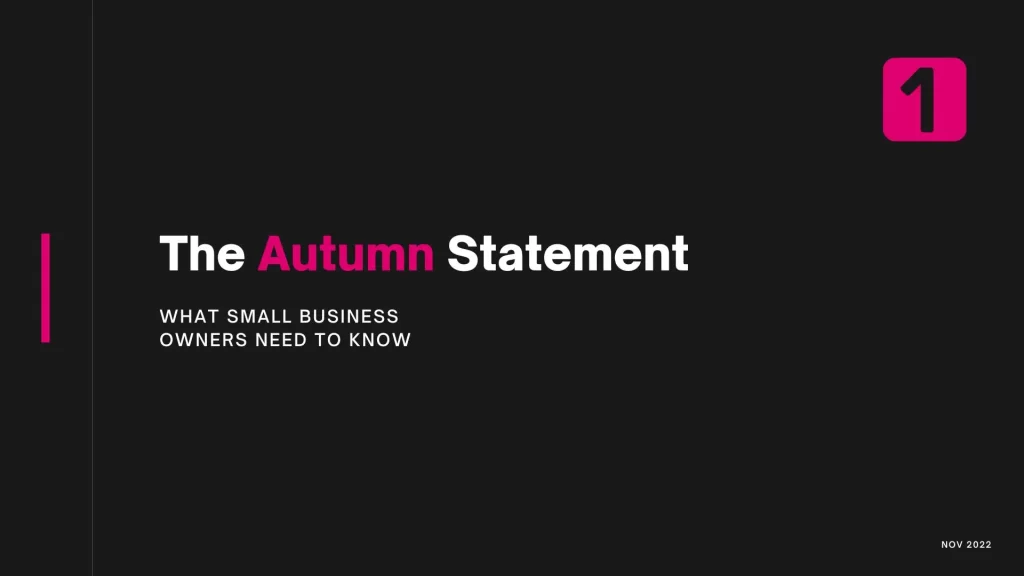
In today’s fast-paced, competitive world, achieving business success is a path fraught with many challenges. The journey to becoming a…

In today’s fast-paced, competitive world, achieving business success is a path fraught with many challenges. The journey to becoming a…

At 1 Accounts Online Ltd, we pride ourselves on being a family business that delivers first-rate financial services. Today, we’re…

Celebrating Our Journey to Becoming Xero Platinum Partners: How Your Trusted Business Advisors & Accountants in Haverhill Made it to…

We’re back with another blog post and this time we’re diving into a topic that isn’t everyone’s cup of tea…

Are you ready for some capital allowances fun? 🙌 🥳 Yeah, we know it’s not the most exciting topic, but…

The Chancellor announced his March budget today. Similar to the budgets, autumn statements and ‘non-budget’ statements of the last…

I didn’t know that? This is a phrase we hear a lot, especially when someone sets up a limited company…

The Chancellor announced his Autumn Statement yesterday. We already knew that he was going to raise taxes and reverse most,…

Why you need to ditch perfectionism and embrace failure! Everyone wants to be successful, but there’s a difference between working…

As accountants, a lot of our time is spent answering your queries and questions to help ensure you make the…